
Portuguese Mother Discovers Her Twin Boys Have Different Fathers in Rare Case of Heteropaternal Superfecundation
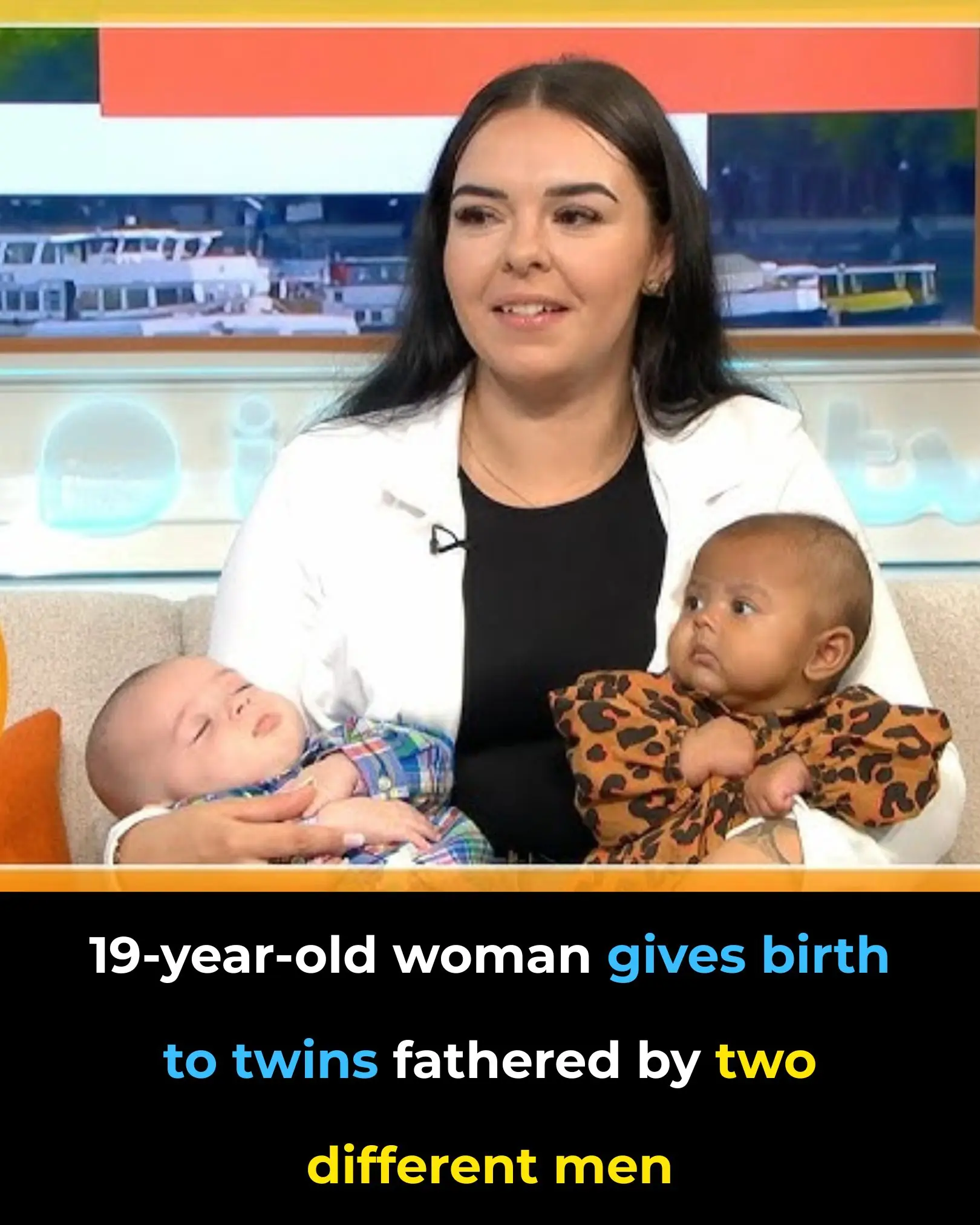
In Portugal, a 19-year-old mother made an astonishing discovery when a paternity test revealed that her twin boys have different fathers. This rare occurrence, known as heteropaternal superfecundation, has been recorded only about twenty times worldwide. This phenomenon occurs when two eggs are fertilized by sperm from two different men in a single menstrual cycle, which is an extremely rare event. Despite the unusual circumstance of being born to two different fathers, the two babies are both healthy and nearly identical in appearance. Interestingly, one of the fathers, who lovingly accepts both children as his own, has taken on the role of raising them both.
This story highlights an important truth: family is not defined by biology alone, but by the love and care shared among its members. The father's deep affection for both children shows that what truly matters in a family is not the genetic connection, but the bond formed through love and nurturing. In fact, research on modern families shows that the emotional and psychological support provided by parents is often a stronger determinant of a child's well-being than biological factors alone.
Heteropaternal superfecundation is a rare phenomenon, but it is not entirely unheard of. According to experts, it occurs when a woman releases multiple eggs during ovulation, and each egg is fertilized by sperm from different men, typically through separate instances of intercourse. Though it sounds extraordinary, it is a natural possibility under certain circumstances. Studies have shown that superfecundation can also happen in animals, such as cats and dogs, but it remains exceedingly rare in humans.
The case of the twin boys in Portugal serves as a reminder that family structures are diverse, and love transcends genetic ties. In a world where family dynamics are constantly evolving, this story adds to the ongoing conversation about what truly defines a family. Love, care, and emotional connection are the fundamental components that make a family whole, no matter how its members are biologically related.
This case has captured the public's attention and sparked conversations about the complexities of family life. While it is a rare medical occurrence, it challenges traditional notions of parenthood and reinforces the idea that families can be created in many different ways. It is an inspiring story of acceptance and love, illustrating that being a family is about more than just shared DNA.
References:
-
"Heteropaternal Superfecundation: What You Need to Know" – Mayo Clinic. https://www.mayoclinic.org
-
"The Science Behind Superfecundation" – National Geographic. https://www.nationalgeographic.com
-
"Family and Parenthood: Defining the True Meaning of Family" – Psychology Today. https://www.psychologytoday.com
News in the same category

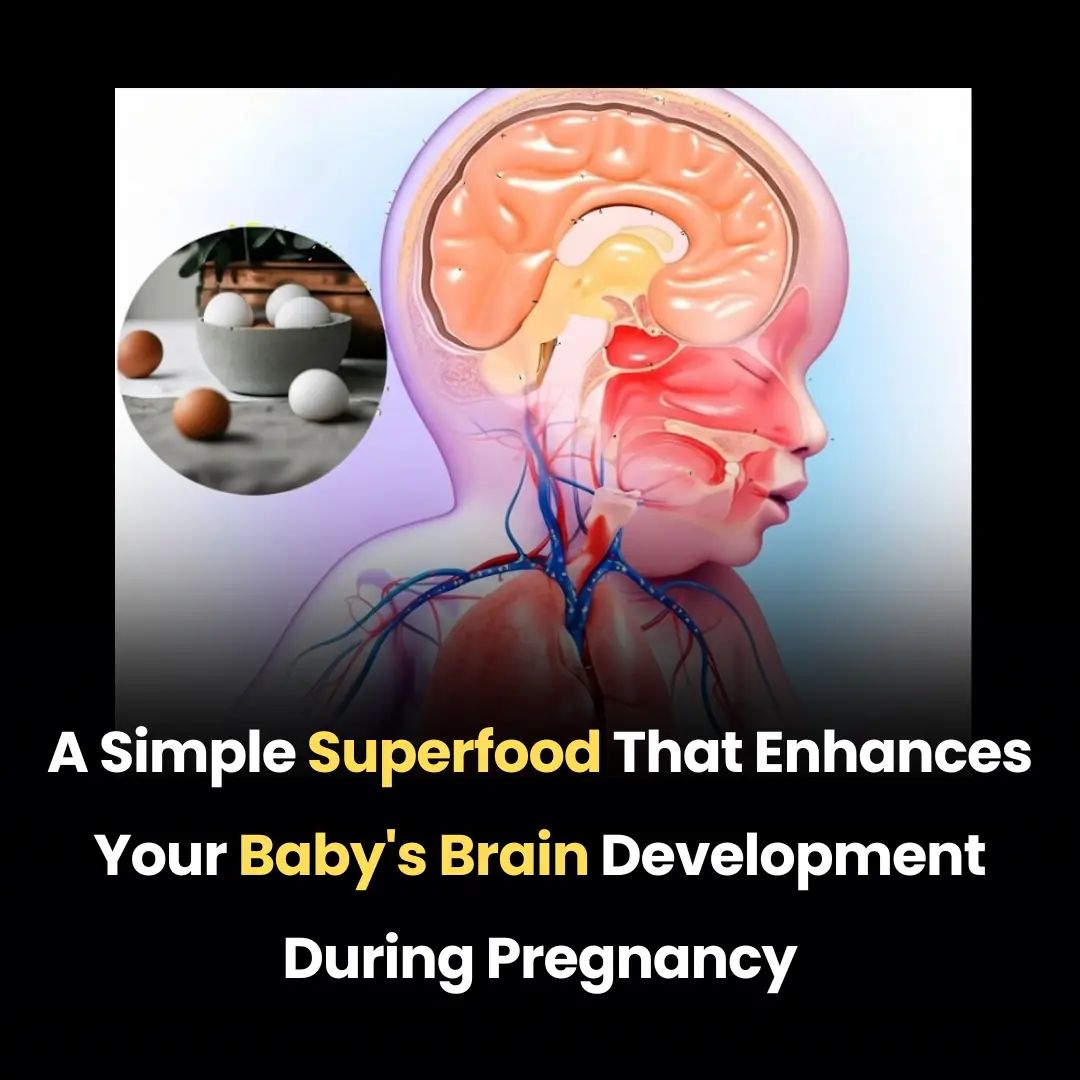
A Simple Superfood That Enhances Your Baby's Brain Development During Pregnancy

Nature’s Defense: How Guava May Support Liver Health and Fight Cancer Cells
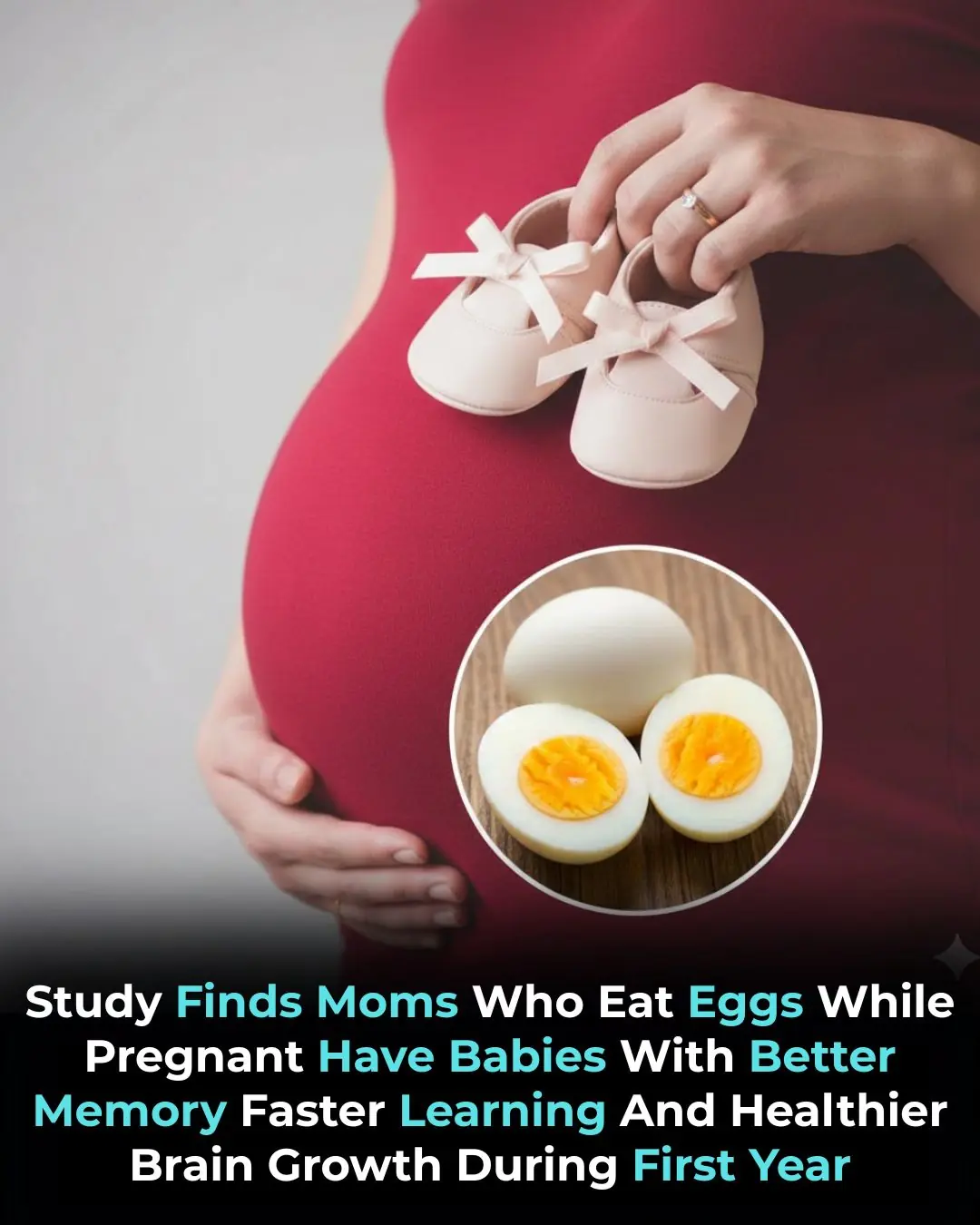
The Powerful Role of Eggs in Supporting Early Memory and Learning in Babies

📱 The End of Wallet Clutter: Apple’s Digital ID Revolutionizes Identity Verification and Travel

Lighting the World Without Batteries: A Teen’s Breakthrough in Thermoelectric Innovation

Judy Faulkner: The Billionaire Tech Entrepreneur Pledging 99% of Her Fortune to Philanthropy

🤝 The Collaborative AI Future: OpenAI Launches WhatsApp-Like Group Chats in ChatGPT

Unlocking Nature’s Medicine: How Fermented Stevia Could Transform Future Cancer Treatment

True Devotion in Fatherhood: The Power of Showing Up, No Matter the Circumstances

🇯🇵 Innovation with Compassion: Japan's Heated Benches Offer a Practical Solution to Protect the Homeless

🔦 Stepping into the Upside Down: How Netflix is Revolutionizing Fan Engagement with Immersive Stranger Things Experiences in London
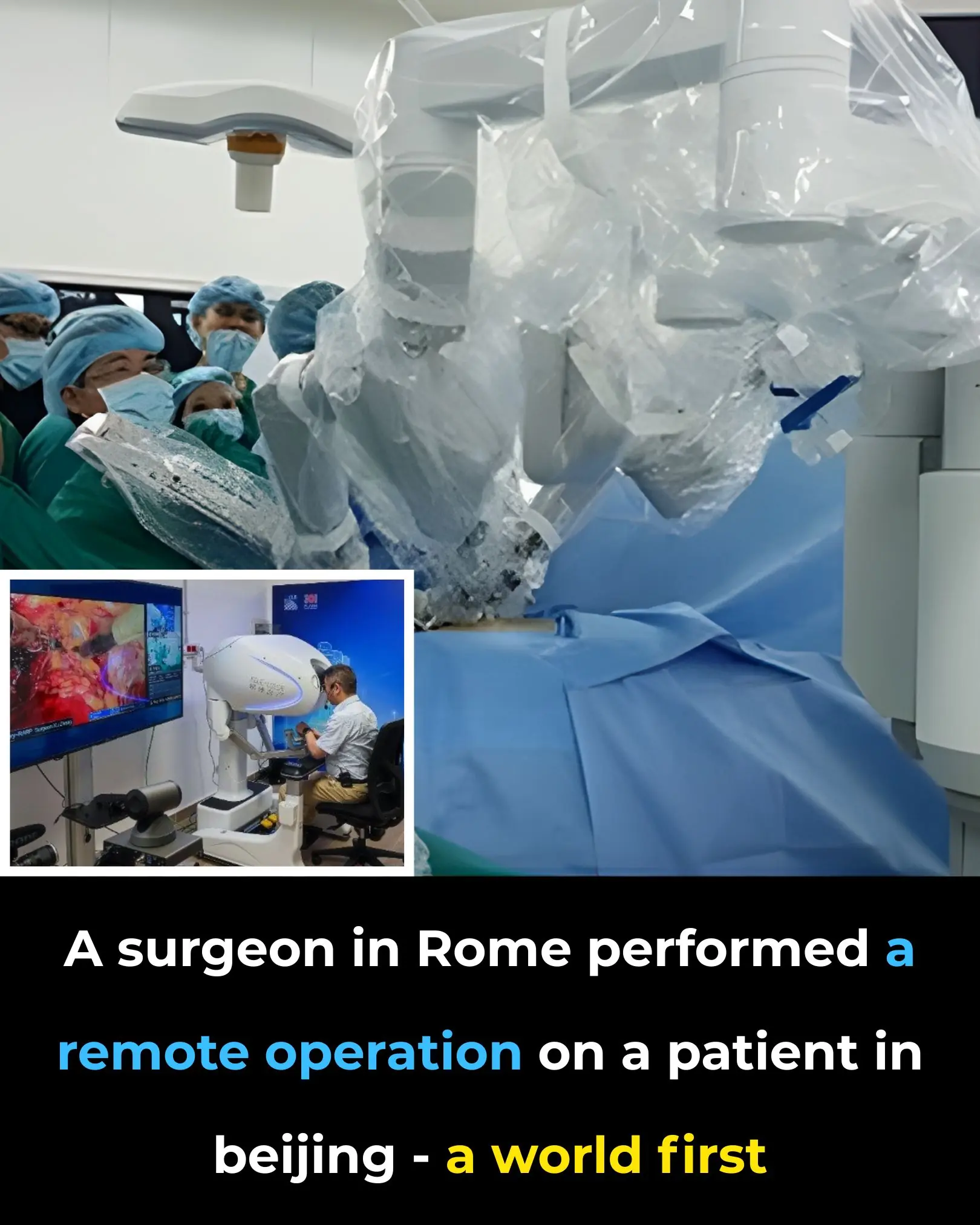
Historic Transcontinental Robotic Surgery: Doctor in Rome Performs Live Surgery on Patient in Beijing

🧠 The Nocturnal Rinsing Cycle: Deep Sleep, CSF Dynamics, and the Fight Against Alzheimer's

When Convenience Becomes a Crisis: The Global Impact of Ultra-Processed Foods

🌊 A Paradigm Shift in Urology: Non-Invasive Shock Wave Lithotripsy Revolutionizes Kidney Stone Treatment
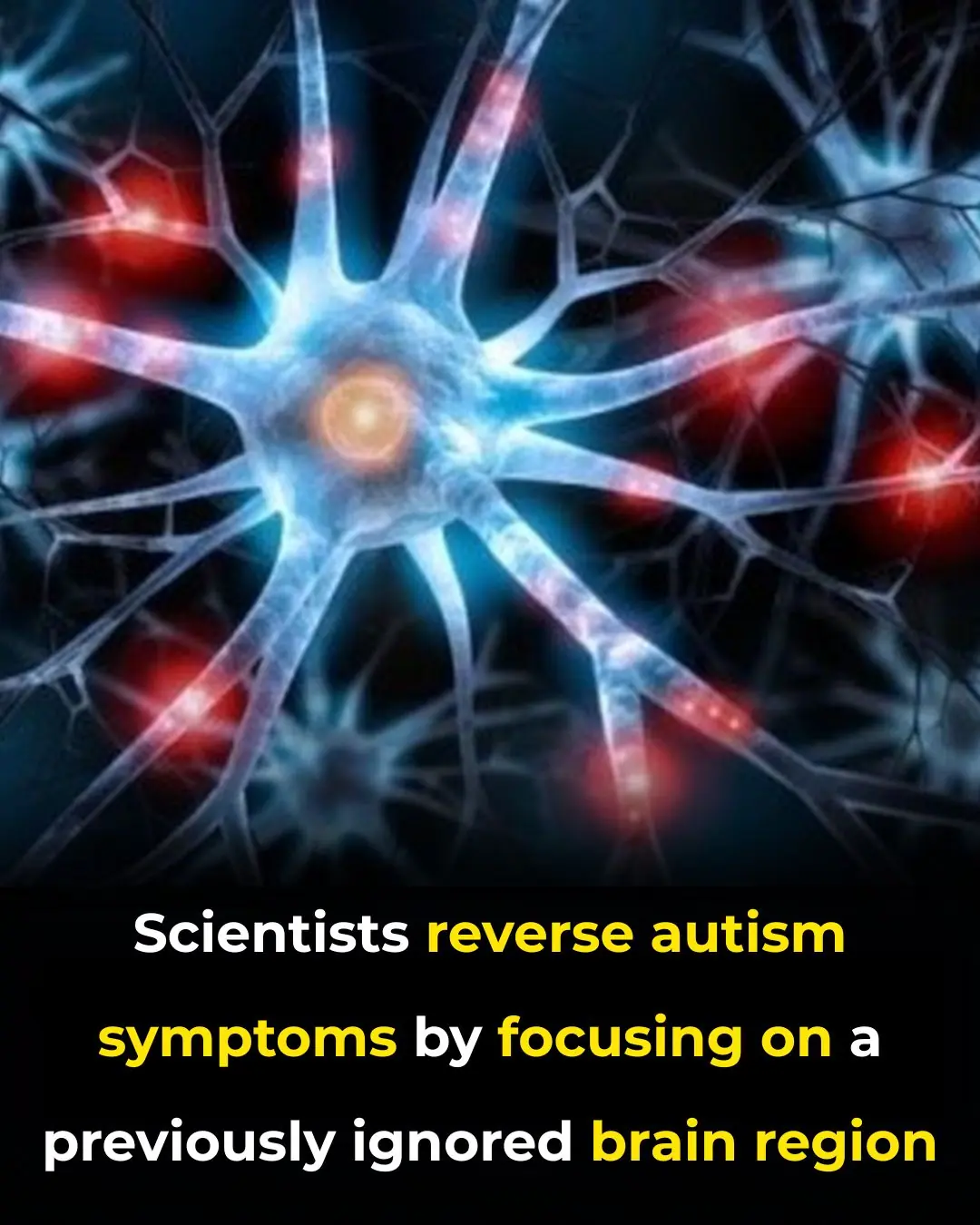
Targeting a Hidden Brainstem Circuit: New Breakthrough Reverses Core Autism Symptoms in Lab Models

AI Models Ignoring Human Shutdown Commands: A Growing Concern for Safety and Control

Revolutionary Magnetic Microrobots Could Transform Stroke Treatment with Targeted Therapy
News Post

Unlock Radiant Skin: The Ultimate Guide to Using Beetroot Gel for Glowing, Spotless Skin

Fenugreek Seeds for Hair Growth: The Power of Fenugreek Hair Rinse and Its Benefits for Hair

Japanese Milk Wax To Get Rid Of Unwanted Facial Hair

When Will I Outgrow My Acne? The Difference Between Adult and Teen Acne

5 Mascara Tips For Short Lashes

LEVEL UP YOUR LASH GAME: Top 5 Tips for Eyelash Extension Success!

Forehead Acne and What to Do About It

11 Common Eyebrow Mistakes Women Make in Their 60s (And How to Fix Them!)

How to Prevent and Treat Age Spots: Expert Tips for Radiant Skin

5 Ways Your Skin Changes as You Age and How to Keep It Vibrant

DIY Fenugreek Oil for Hair Growth – Get Thick Hair

Brow Boosting Serum: The Natural Way to Achieve Full, Thick Eyebrows

Why You Should Be Putting Salt in Your Toilet

Why Some Children Don’t Visit Their Parents Often

DIY Vaseline Cream: The 4-Ingredient Glow Hack That Makes Your Skin Baby-Soft Overnight

DIY Fenugreek Hair Masks for Hair Growth & Reducing Hair Fall

Will Americans Receive $2,000 Stimulus Checks? What You Need to Know

Revolutionary Miniature Implant Offers New Hope for Restoring Vision in Macular Degeneration Patients

A Simple Superfood That Enhances Your Baby's Brain Development During Pregnancy
